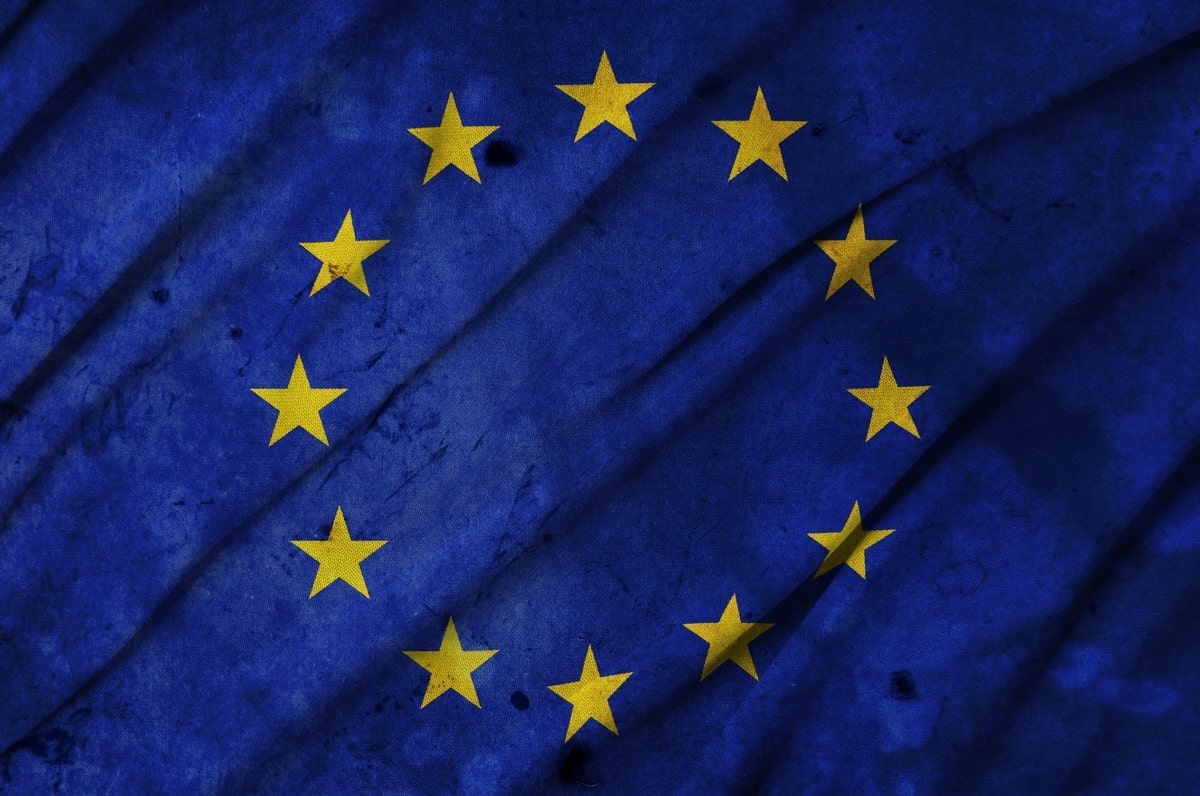The ECB’s work on the digital euro remains in the preparation phase, with no final decision in place as to whether to launch it or not. However, the bank is working closely with national central banks, industry, and EU lawmakers to make sure everything is in place if the go-ahead is given.

The European Central Bank (ECB) has published its third progress report on the digital euro, showing steady advances in building the foundations for a possible central bank digital currency (CBDC).
Although the regulator hasn’t yet reached a decision regarding the possible utility of a CBDC, the institution makes efforts to prepare a foundation for this potential digital currency. The report highlights progress on the digital euro rulebook, broader stakeholder engagement, and hands-on testing through its brand new innovation platform launched a few months ago.
A key ECB focus lately has been improving the draft rulebook, which sets out how the digital euro would work across the euro area. The goal is to make digital euro payments simple, safe, and consistent everywhere in the region. The latest feedback from the Rulebook Development Group — made up of experts from the European retail payments sector — has helped improve key sections. Additional input from ECB working groups and industry sessions on issues like risk and dispute management also contributed to the updates.
To test the digital euro functionality, the ECB recently launched an innovation platform where more than 70 market participants are trying out features such as conditional payments and exploring how the digital euro could fit into the current financial system. This hands-on experimentation is helping shape practical use cases for the currency.
At the same time, the ECB is carrying out user research with a wide range of groups, including small merchants, vulnerable consumers, and underrepresented communities, to ensure the CBDC is inclusive and meets different user needs. Findings from this research will be shared later this year.
Engaging with the wider payments ecosystem remains a top priority for the European regulator. The ECB has been holding technical sessions, workshops, and one-on-one meetings with market players, consumers, and merchants to ensure the digital euro works alongside private payment solutions, not against them.









